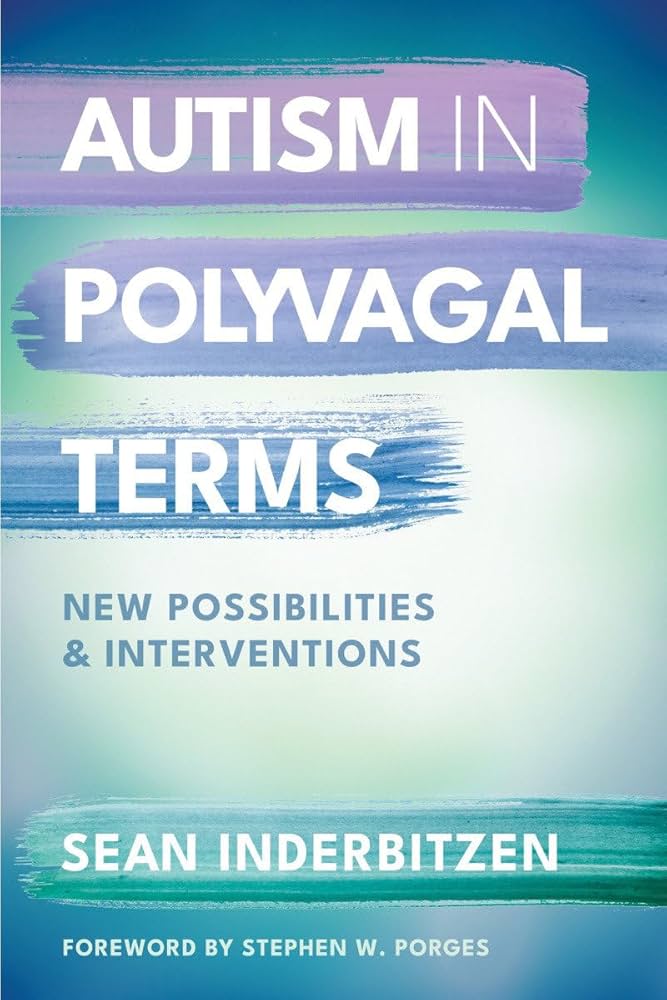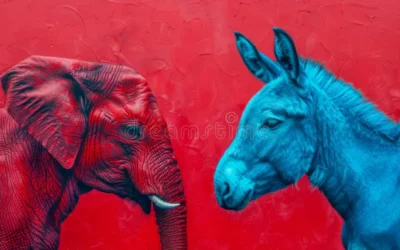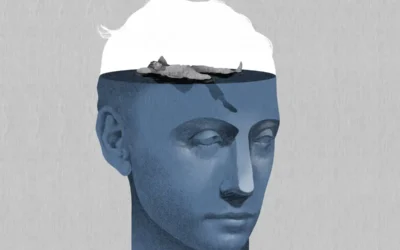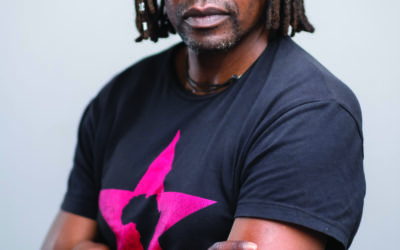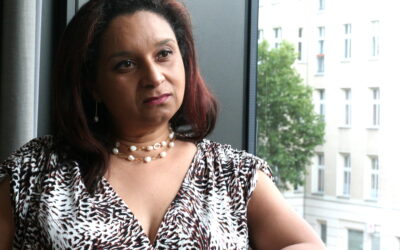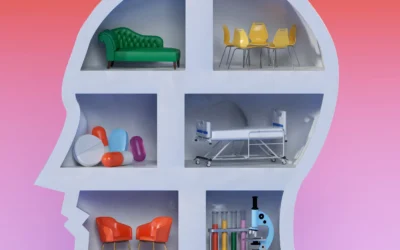Podcast: Play in new window | Download (Duration: 48:27 — 33.3MB)
Subscribe: Apple Podcasts | Spotify | Amazon Music
Use a proven mindfulness-based technique of imagery to cope with quarantine and promote healing.
Is this pandemic making your nervous system crunchy? Let's work on some healing techniques in the mean time.
Find out how to use one of the Elliott and Brown's 3 pillars of healing attachment to cope during this society-wide emotional hotbox. Using the first pillar of the three pillars of healing attachment, using the imaginings of your mind to leverage security, David explains how this practice can be beneficial during a time where we're looking for connection to regulate and heal.
Why Dr. David Elliott
We are pleased to bring Dr. Elliott back for a second interview. We were so enamored with his co-authored book Attachment Disturbances in Adults: Treatment for Comprehensive Repair, that we stayed connected and are now working together on an exciting new project to bring this empirically-validated work with trauma to more of you.
His full bio is below.
Using imagery to help find security and attachment healing during COVID 19 – today’s episode
Our attachment system is designed to seek proximity especially during threat, danger, and distress. So in this time of needed distance from one another our nervous system is being especially challenged.
For some of us, sheltering in place with others allows us to turn to one another for emotional and physical comfort. However there are millions of people across the globe who are sheltering in isolation or in unsafe or unsupportive environments. They are missing another persons comforting support and touch.
David speaks personally from this experience because he is currently sheltering in place alone – that is, away from his family – so his advice is coming from a place of knowing.
The Three Pillars of Healing Attachment
Elliott and his colleagues have developed a model for the treatment of early attachment and healing called the 3 pillars model discussed in detail in episode 34. In today's episode we discuss the tenets of the first pillar – the power of the mind to imagine – the essential elements of connection and security needed for coping during this COVID quarantine crisis.
Mindfulness and guided imagination literally helps to promote neurological growth. Ann and David provide examples of ways athletes and musicians use imagery to improve their performance.
David then leads us through a mindful exercise based on the tenets of the first pillar. Through a guided exercise, he helps us create and be with an imagined “safe other” which provides our minds with the sense of social and emotional connection. Our bodies often can not distinguish between the real and imagined and our social-engagement system can respond with the soothing and healing connections that our bodies need during stress.
CLICK HERE to access the audio of this mindfulness demonstration.
_____
RESOURCES:
Additional resources for this episode:
- Stand-alone mindfulness exercise download here
- Contact Dr. Elliott directly at http://www.davidelliottphd.com
- Please refer to our previous episode with Dr. David Elliott for even more resources in the audio and show notes. – TU34: Treating Attachment Difficulties with Dr. David Elliott
- Attachment Disturbances in Adults Treatment for Comprehensive Repair (2016) Daniel Brown and David Elliott
- These and other resources have been collected for you on our Resources page!
___
Dr David Elliott’s Bio:
Dr. Elliott comes from an academic career in psychology from Harvard University. He gained experience at the Tufts University Counseling Center, the Outpatient Psychiatry Clinic of St. Elizabeth’s Medical Center in Brighton, Massachusetts, and McLean Hospital, the psychiatric teaching hospital of Harvard Medical School.
Recognizing from an early age that there are many dimensions to human experience, any and all of which can contribute to well-being or to difficulty, Dr. Elliott has maintained a commitment to learning and understanding the whole range of human possibility — from the deepest confusions and struggles of psychosis, to the patterns of personality that create personal and relational conflicts, to the development of the self in ways that promote both independence and intimacy, and to higher levels of growth that allow for flourishing and even a recognition of oneself as beyond the limits of the personal self.
__
Our course on Attachment and Neuroscience – It's Not Me It's My Amygdala, is now available to everyone! Four (!) hours of curated content on modern attachment and healing. It is designed for anyone wanting to deepen security in themselves or those close to you (CE's available for clinicians). You've been interested enough to listen and dig into the shownotes, so you are are people and we are yours. Get 10% of the course with code: OURCLAN. 🙂
CLICK HERE TO CHECK OUT THE COURSE
______
Want to join our private community?
Therapist Uncensored is now on Patreon!
You can become a Neuronerd supporter and help the show continue to grow! Join our exclusive community of Therapist Uncensored Neuronerds for as little as $5 a month (or become a Co-executive Producer for $25/month)!
Increase your access, join a kick-ass like-minded community, get discounts on our courses and get exclusive content. Help us create a ripple of security by supporting us in freely sharing the science of relationships around the globe!
NEURONERDS UNITE! Click here to sign up.
BOOK of the MONTH – get it on audible for free right here.
For the Love of Men A New Vision for Mindful Masculinity by Liz Plank
While our book of the month is Liz Plank's (Episode TU119) book on mindful masculinity, we want to highly recommend Attachment Disturbances in Adults Treatment for Comprehensive Repair (2016) Daniel Brown and David Elliott
It literally should be in every therapist's library, it's that comprehensive.


